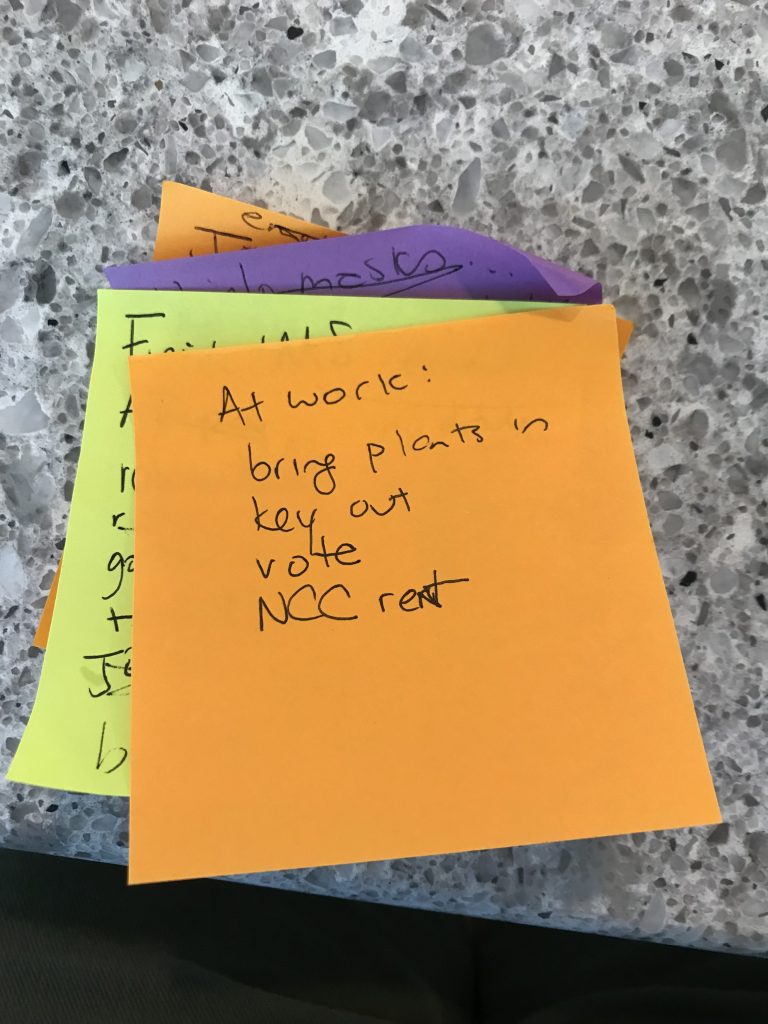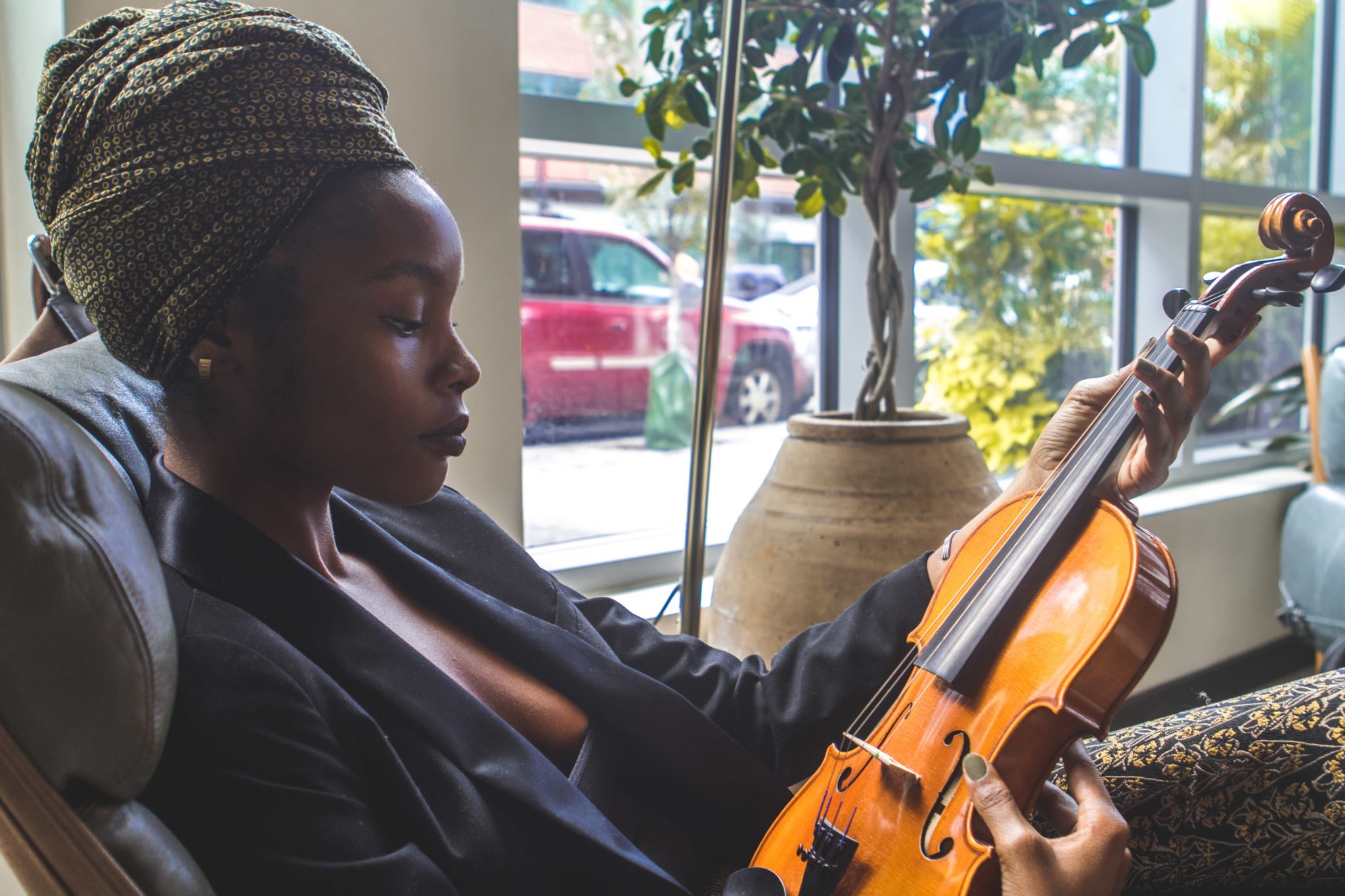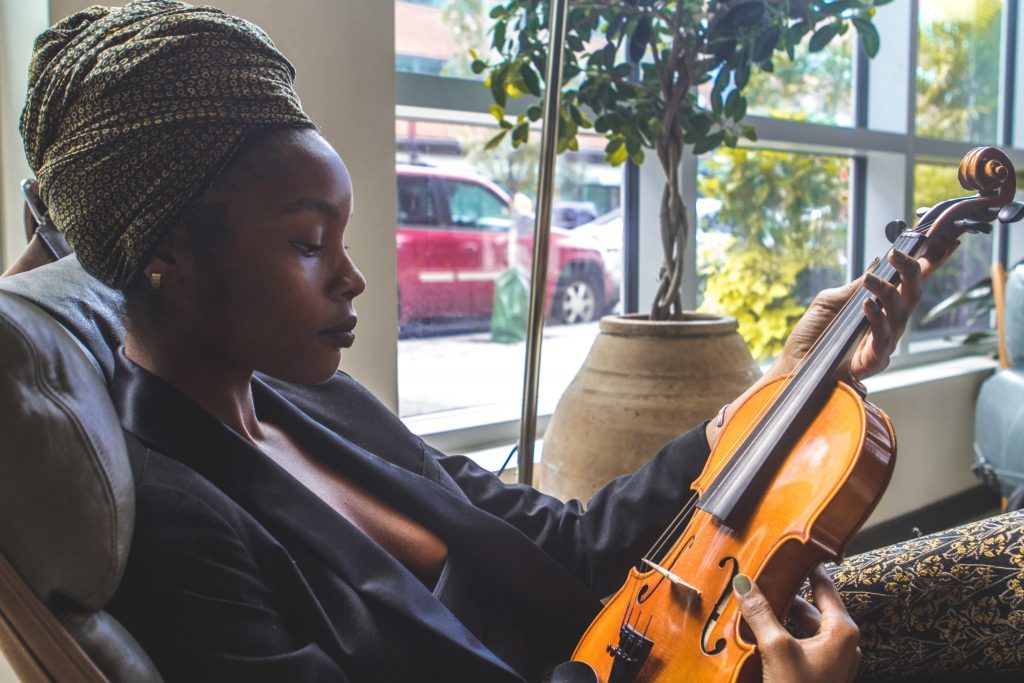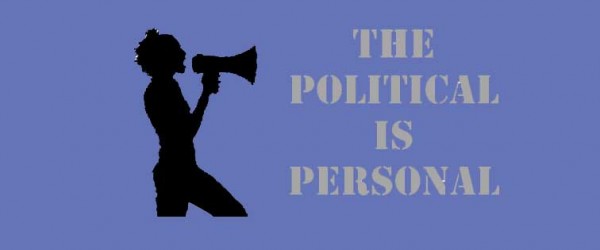Hello, Clarity. Bye For Now, Blog.
It would be polite for me to say it’s been a minute since I’ve written on this blog. But the truth is that this “minute” has extended for almost six months. Sheesh!
While I’d like to say this absence of blog posts has been entirely intentional, the opposite is true. Writing a blog post has been on my never-ending to-do list for months. Surely you have at least one task on your own list that is similar: a task that is never urgent, low priority, doesn’t have a big impact on others, and, thus, wallows on the Perpetual To-Do List. You know that to-do list: the one that never, ever ends.

While I’m generally not a big fan of New Year’s Resolutions (especially the ones related to dieting) I am setting an intention for 2022 that feels pretty resolute: I only want to write tasks on my to-do lists IF those tasks help me and others live meaningful, good lives.
That doesn’t mean all my tasks will suddenly be pleasant. I’ll still make trips to the post office, do dishes, and water plants. These sorts of tasks are rarely meaningful in themselves and also often annoying, but sending packages from the post office help me stay in touch with people I love. Doing dishes helps my family have a home that isn’t entirely chaotic. Watering plants helps me feel good in my space.
And here’s the truth: Even though I didn’t intend to stop my blog, I also am not convinced it’s worth a recommitment ceremony for this next year. Does the blog possibly help potential clients know I’m a good or bad fit? Sure. But is the blog – and the time and head space it takes up – really helping me or others live meaningful, good lives? I’m not convinced. Somewhere in the last year or two, it became a should, not a want. (Also, if there aren’t enough blog posts up for you to get a sense of me, shoot me an email! Give me a call!)
So – happy almost new year. May we all continue to gain clarity about who and what matter most to us. May our lives be an extension of our priorities to the extent we can control. And may we live as meaningful and good lives as possible.















 It’s been especially important to me lately that clients of all political persuasions know that politics is something they can talk about openly in sessions. Some are excited and hopeful as a result of this new presidential administration. Other clients are finding their anxiety aggravated and their depression worsening as a result of recent political actions. More than one has been in a fight with a loved one about ideology or the “right” way to act or react.
It’s been especially important to me lately that clients of all political persuasions know that politics is something they can talk about openly in sessions. Some are excited and hopeful as a result of this new presidential administration. Other clients are finding their anxiety aggravated and their depression worsening as a result of recent political actions. More than one has been in a fight with a loved one about ideology or the “right” way to act or react.